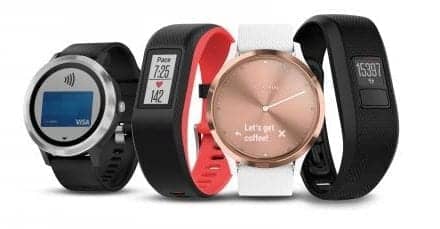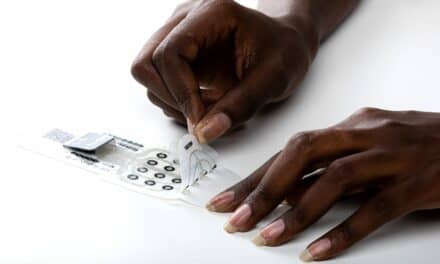Fitbit and the National Institutes of Health (NIH) launched the Fitbit Bring-Your-Own-Device (BYOD) project, the first digital health technology initiative for the “All of Us” Research Program. Fitbit users currently enrolled in the program can now choose to sync their Fitbit accounts to help researchers unlock deeper insights into the relationships between health indicators such as physical activity, heart rate, sleep, and health outcomes. By consenting to sync their data with All of Us, Fitbit users have the opportunity to contribute to one of the world’s largest precision medicine studies and help build one of the most diverse data sets for scientific research. Fitbit is the first wearable to be included in the program.
Launched nationally in May 2018, All of Us seeks to enroll one million or more participants, with the goal of improving the ability to prevent and treat disease based on individual differences in lifestyle, environment, and genetics. Participants will be invited to share different types of health information over time through surveys, electronic health records, physical measurements, biosamples, and digital health technologies. Data will be made accessible to researchers for a wide range of health studies, with afeguards in place to protect participant privacy.
“Collecting real-world, real-time data through digital technologies will become a fundamental part of the program,” says Eric Dishman, director of the All of Us Research Program, in a release. “This information in combination with many other data types will give us an unprecedented ability to better understand the impact of lifestyle and environment on health outcomes and, ultimately, develop better strategies for keeping people healthy in a very precise, individualized way.”
Scripps Research is spearheading the program’s digital health effort. In 2017, Scripps Research selected Fitbit as the first wearable for use in the All of Us program. An analysis published by the Federation of American Societies for Experimental Biology (FASEB) Journal found that Fitbit devices are the most commonly used tracker in biomedical research. To date, more than 6,752 published studies have used a Fitbit device and according to a recent analysis, Fitbit is registered in ClinicalTrials.gov studies 10 times as often than other brands. This includes the use of Fitbit devices in areas such as diabetes, cardiovascular health, oncology, mental health, and post-surgery.
“This is a tremendous opportunity for Fitbit users who choose to participate, to further contribute to one of the world’s largest research efforts by providing information that can help pave the way to a healthier future for all of us,” says Adam Pellegrini, general manager, Fitbit Health Solutions. “Every day we learn more about the potential for wearable data to inform personalized healthcare and through All of Us, the research community will gain an even better understanding of the role wearable data can play in helping to prevent and treat disease.”
While Fitbit users can use their device to sync health stats with the program, a device is not required to participate. All of Us participants can also choose to connect their data through their Fitbit account and manually add information such as their weight, water intake, and meals. To get started, participants can log on to the All of Us participant portal at participant.JoinAllofUs.org and visit the Sync Apps & Devices page. Fitbit users and others ages 18 and up living in the United States interested in enrolling in the All of Us Research Program can learn more by visiting www.joinallofus.org.
A second All of Us research initiative using Fitbit devices will launch in 2019 that involves providing up to 10,000 Fitbit devices to a diverse set of participants randomly invited to take part. The study, which will be conducted by Scripps Research Translational Institute, will generate a unique data set for exploring the relationship between health indicators such as physical activity, heart rate and sleep in conjunction with other critical health outcomes that will be captured as part of All of Us.



